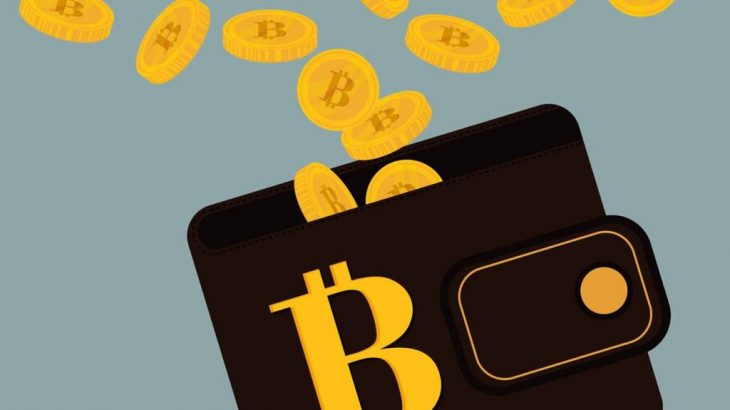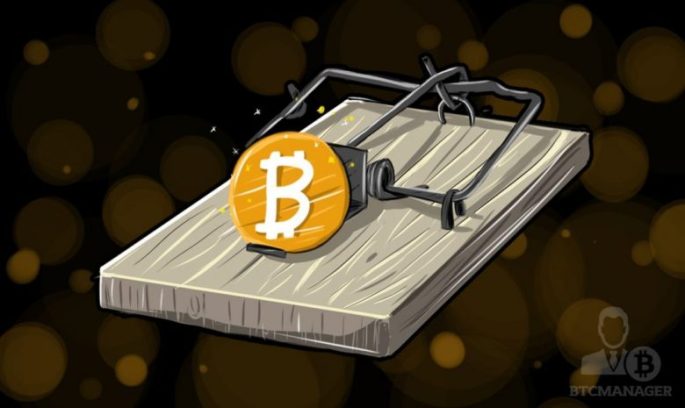“If it is too good to be true, then it is probably not true.”
Hello Amazing People,
Last week we discussed some measures to take before venturing into any online investments. At large, you can apply the suggested criteria to any form of tangible investment.
“How bad could this online investment be?” My colleague asked me. “Others get paid, don’t they?” she further retorted. I smiled mischievously beholding her innocent and naïve look, I drew closer to her and whispered, “Yeah, it can be disastrous”. Her countenance changed, but what do you expect from her? Therefore, I decided to share a story of my friend with her.
A great wave wass passing through the financial industry in my country. Atoibi, a 30 year old gentleman who worked as a teller of one of the renowned banks woke up to the news that his bank had been consolidated with four other banks. This spelt trouble and he had to act quickly, knowing he had very little investments to survive on should he be asked to go home.
Atoibi was thinking of his investments options now. Where should I place my money, he wondered. Deep down within his heart, he speculated that a bank or financial house might not be a sound option now, since the wind had not stopped blowing. Additionally, he figured also that those institution s could not offer the returns he needed. He decided that the bank or financial house has not an option for investment for him.
Atoibi had a friend who spoke to him about an online investment opportunity he had discovered, knowing the dilemma his friend was.
The details of the package he preached; a 135days investment and an ROI of 300%, with an exciting news of daily payments and withdrawals. The company was located somewhere in Southern America; this company purportedly was investing the money in mining and cryptocurrency in Europe.
Atoibi worked the whole package in his head and it sounded very attractive, especially the aspect of daily payments and withdraws. This altered from the model of most conservative investment, which made payment at the end of the investment horizon. This blew his mind off.
He invested all he had $500 as his initial deposit. He needed to sign up with the bitcoin equivalent of the money. He very new to this whole scheme, he got assistance from his up line who happened to be his friend who introduce him to the business. He was directed to a local bitcoin trader for the currency value. After all payments had been made, his account was activated and he saw a live virtual office showing his $500 and the amount to be received by the end of the cycle, $1,500. He could not believe his eyes; he finally had a system that will pay him without any vigorous work. He further saw an investment opportunity in this company. The many people he referred the bigger his bonuses and the shorter his days of investment.
He received payments and withdrew his funds as promised over a period of 15 days. “The whole thing was not a fraud,” he said to himself. He took monies from family members to invest and took bonuses off them.

The juice got sweeter, that he took a redundancy package and left his job at the bank. He said to himself, “I found a business that pays more than any day job.” He invested his package as well. Woooooow. Isn’t that too much? Haven’t you heard of risk diversification? Well he had already danced to the rhythm of the beat.
After 30 days of enjoying early retirement, he got a surprise. He woke up on Tuesday morning and the website was off. “Holy word!’ He said. He felt chills in his system but kept his cool because he had taken money from his family hence he could not escalate. He got in touch with others and was told it was just a system upgrade. The next three days was troubling but held on the assurance. The system became active after 3 days, which was a Friday. Joy and happiness saddled in Atoibi’s heart. All the investments were intact. Just 3 hours after the system was active, all outstanding balances went to zero. ZERO! Yes zero it was. What in the heavens was happening? He also asked a couple of people and they were equally clueless. Team leaders were contacted and they gave assurance for the second time. The website was still undergoing upgrade for better delivery of service and was to resume in the next four days. Only God could tell where the team leaders were getting the assurances.
Now, things were heating up, the terms and conditions were varying from the initial. Nevertheless, he had no option but wait, which he did helplessly. Tuesday dawn, which happened to be the day of resurrection of the site, he couldn’t sleep. He sat on his bed I wait for daybreak. Lo and behold at 7 o’clock am the system was active again with all balances restored. Hurray!
This system update story left a print on his mind, an unresolved feeling. So to bring his spirit to rest, he just like any other person would do, decided to withdraw all the accrued balance.
It was then he realized something bigger than what he dreaded had a possibility of occurring. Withdrawal s were not permitted. Though the balances were restored withdrawals had been restricted. What was he going to do next? The thought of losing all his investment made him feel like dying. He wanted assurance but not this time, team leaders were also lost in the seas of the mind.
Instructions popped up on the site and it read
”Cherished customer, withdrawals has currently being restricted due to the system upgrade. We wish to inform you however that before you can be made to withdraw restored balances, you must sign up two new investments. Any inconvenienced caused is deeply regretted”
This is where we end the story for this week. We shall continue to unravel what might lie beyond the horizon of online investment.
Online investment is a REAL DEAL.
Cheers!
Elmay



 Investment has been an old business practice, which is gaining deeper roots in the society. The culture of investments is a great weapon to be used in dissociating oneself from poverty and mediocre living. Now investment has much more options then it used to; Stocks, Forex, Cryptocurrency amidst other opportunities to make returns. ‘Let your money work for you’, is a preaching that has sunk into the hearts of many. This has penetrated so much that people are hunting and sniffing around looking for lucrative investment opportunities to place their funds.
Investment has been an old business practice, which is gaining deeper roots in the society. The culture of investments is a great weapon to be used in dissociating oneself from poverty and mediocre living. Now investment has much more options then it used to; Stocks, Forex, Cryptocurrency amidst other opportunities to make returns. ‘Let your money work for you’, is a preaching that has sunk into the hearts of many. This has penetrated so much that people are hunting and sniffing around looking for lucrative investment opportunities to place their funds.